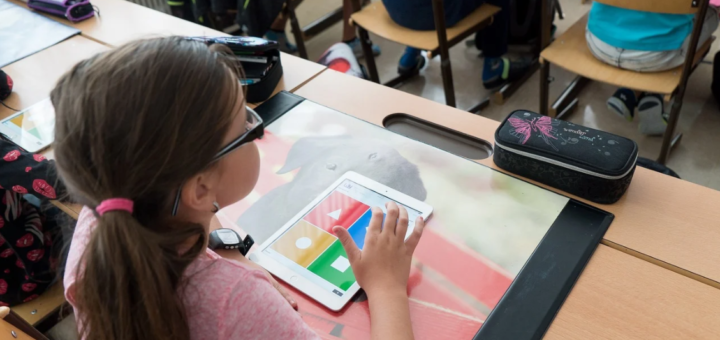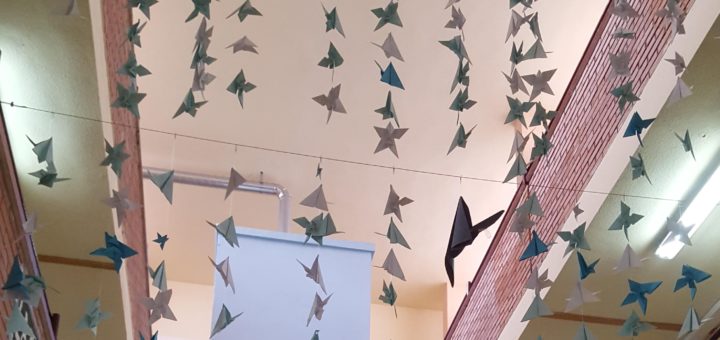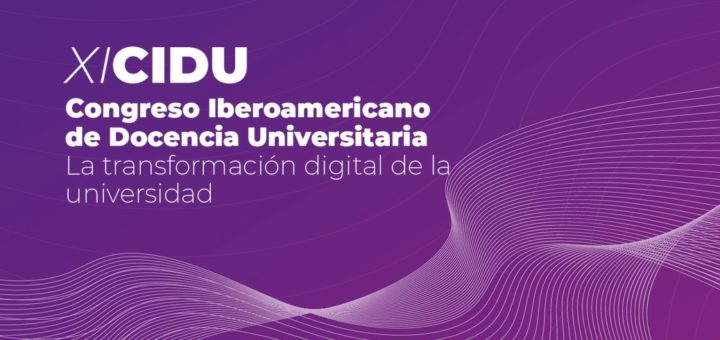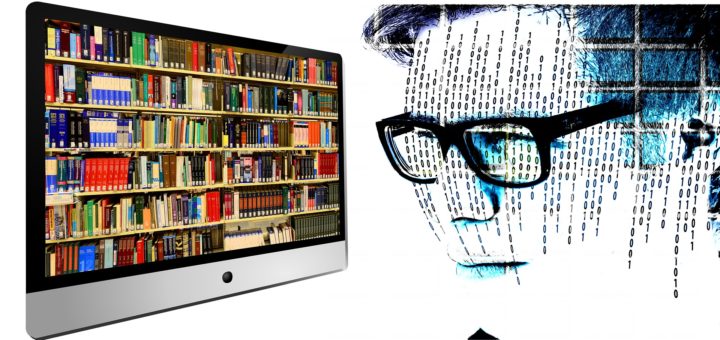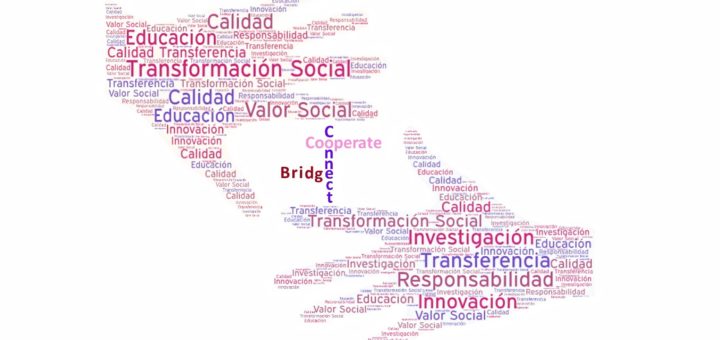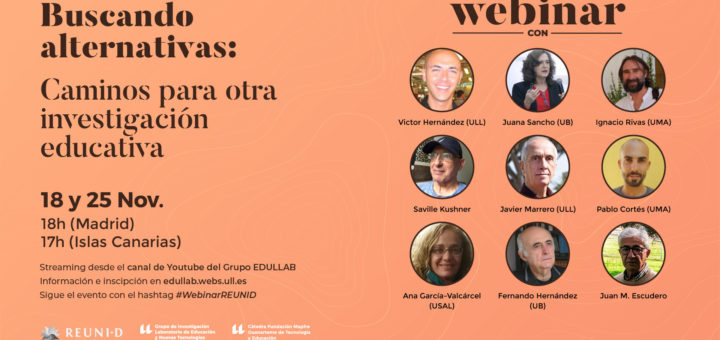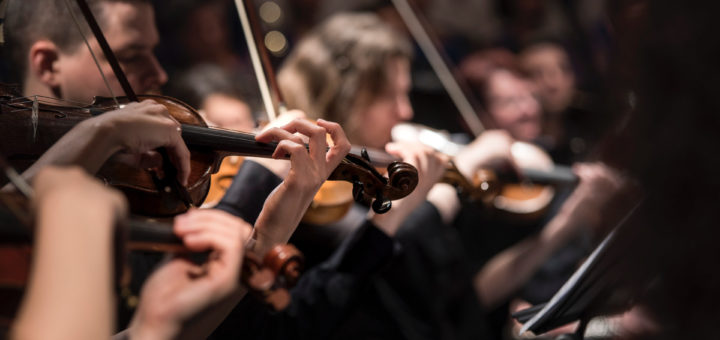The teaching materials of the Escuel@ Digit@l
This research, directed by Professor Area Moreira and carried out by research groups from different Spanish universities (CRIE, EDULLAB, STELLAE, among others) has delved into the status of the question concerning the production, distribution and pedagogical use in Primary Education schools in the Spanish context.
